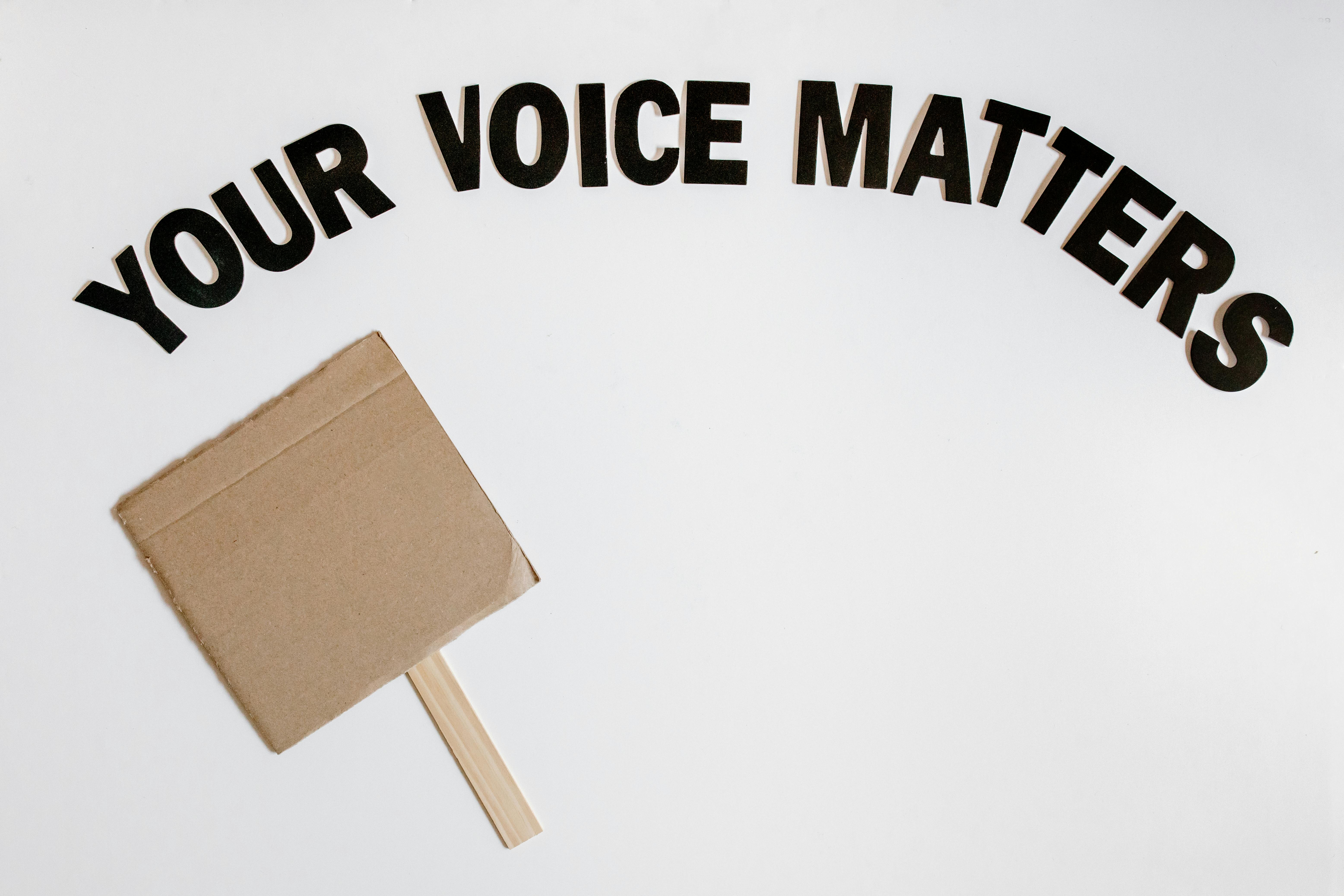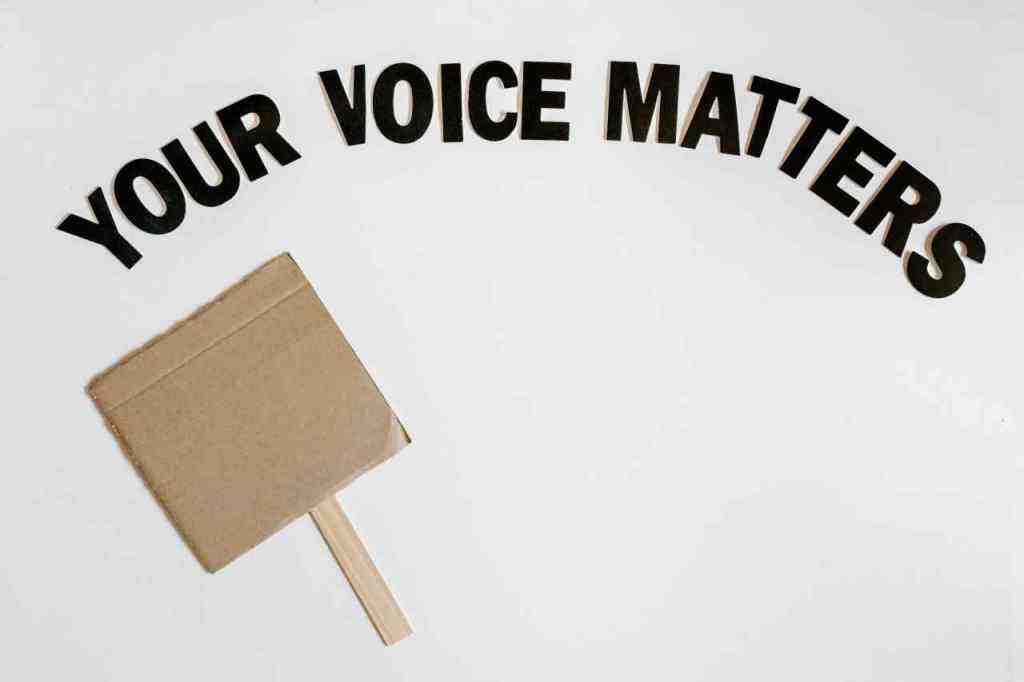Tech’s Filter: Protecting Democracy or Silencing Voices?

The way we talk to each other, especially about politics and important issues, is changing super fast. The digital world, with all its amazing tools, has made it easier than ever to connect and share ideas. But, and this is a big but, it’s also opened the door for some serious problems that could mess with our democracy. Think about it: the same tech that lets us organize and speak up can also be used to spread fake news and manipulate what people think. It’s a real tricky situation, and we need to pay attention to how things like phone software updates might accidentally make it harder for regular folks to have their say.
The Double-Edged Sword of Tech
We’re living in a time where everyone’s connected, and that’s changed everything about how we communicate, get involved, and even participate in our government. On one hand, these new technologies are awesome for spreading information and getting people to care about important stuff. But on the other hand, they’re also making it easier for people to lie, spread rumors, and basically silence the voices that we really need to hear for a healthy democracy. It’s like having a super powerful tool that can build amazing things, but also be used to cause a lot of damage. We’ve gotta really think about how these tech changes, especially in things like phone operating systems, could accidentally mess with the core ideas of how democracy is supposed to work.
Apple’s iOS Update: A Closer Look
So, there’s this new update coming for Apple’s iPhones, called iOS 26, and it’s got a lot of people talking. Apple says it’s designed to help cut down on spam and unwanted messages. That sounds good, right? Nobody likes getting junk texts. But, some folks who work in areas like public opinion research and trying to get people involved in civic stuff are worried. They’re concerned that this update might be a bit too aggressive and accidentally flag important messages as spam. This could really mess with how we understand what people are thinking and how citizens can actually talk to each other about important issues.
Big Picture: What This Means for Democracy
This isn’t just about a minor annoyance; it’s about the fundamental ways our society works. Being able to accurately understand what the public thinks, doing important research, and keeping communication channels open are all super important for democracy. If a filtering system is too broad, it could really gum up the works. It’s like we’re at a crossroads where new technology, even though it’s trying to make things cleaner and better, might end up putting up barriers to things that are essential for our democracy to function.
How Tech Shapes What We Think
The internet, especially social media, has become the main place where we get our news and talk about public issues. The way these platforms work, with their algorithms trying to keep us hooked, often means we only see stuff that confirms what we already believe. This can create these “echo chambers” where we’re not really exposed to different ideas. It can make people more divided, make it harder to find common ground for discussions, and make us less open to hearing different viewpoints. The whole system, built on collecting data and keeping us engaged, can actually shape our opinions in ways that aren’t always good for having a well-informed public.
The Problem with Fake News
It’s gotten way too easy to create and spread information online, and that’s led to a huge rise in stuff that’s not true. Some of it is accidental, but a lot of it is spread on purpose to cause harm. With new AI tools, people can now create really convincing fake information really quickly, making it super hard for us to tell what’s real and what’s not. This can have serious consequences for democracy, influencing how people vote and making us trust institutions less. The way AI can be used to target specific groups with personalized messages means that bad actors can really play on people’s emotions and make societal divisions even worse.
Big Tech’s Business and Its Impact
Most of the big tech companies make their money by collecting our data, analyzing it, and then showing us targeted ads. While this helps them create personalized experiences, it also creates a big conflict with our right to privacy. When our personal information is constantly being collected and sold, it can be used for political purposes, as we’ve seen in past scandals. Plus, when just a few giant tech companies have so much power, it makes you wonder how much influence they have over what we talk about and whether their algorithms are fair.
Digging Deeper into Apple’s Update
Let’s get a bit more specific about this Apple update. It’s got a feature that’s supposed to help with spam calls and texts. It’ll sort messages from “unknown senders” into a different inbox. Apple says this is to make our experience better by cutting down on unwanted messages. This will probably mean fewer political fundraising texts and those annoying robocalls, which most people will probably be happy about. But, the way it’s set up could cause some unintended problems.
The “Unknown Senders” Feature
The idea behind this new feature in iOS 26 is to make our inboxes cleaner by separating messages from people we don’t have saved in our contacts. It’s meant to catch spam, scams, and unwanted robocalls. On the surface, this seems like a good thing for user experience. Who wants their phone constantly buzzing with junk? However, the way it’s designed could have a much wider impact than just filtering out telemarketers.
What Could Go Wrong?
Even though the goal is to stop spam, this feature might accidentally block messages that are actually important. Think about a local business confirming your doctor’s appointment or a government agency sending out a public health survey. These are legitimate messages that could get caught in the spam filter. And here’s a big one: it could seriously impact public opinion polls. Pollsters need to reach people through various ways, including text messages, to get a good mix of opinions. If these messages are automatically marked as spam, it’ll be harder and more expensive to conduct polls, which could lead to results that don’t accurately reflect what people really think.
Spam vs. Civic Duty
The real issue here is figuring out the difference between actual spam and messages that are important for our society. Texts and calls from pollsters might be unsolicited, but they’re a crucial way to understand public opinion. They’re not trying to stir up political trouble. The worry is that Apple’s update might treat all unsolicited messages the same, without distinguishing between truly harmful spam and valuable communication that helps our democracy function. It raises a big question: should one company have the power to decide what counts as legitimate civic communication?
Tech, Privacy, and Democracy: The Connection
Privacy in the digital world isn’t just about keeping your personal stuff private; it’s actually super important for democracy to work well. It protects our freedom to think and express ourselves without worrying about being manipulated. When our digital privacy gets weaker, it can limit our ability to participate in public life and express ourselves freely, which is a threat to democracy itself. Governments are increasingly using surveillance technology, and it’s getting harder to tell the difference between keeping us safe and invading our privacy. Protecting our privacy is key to making sure people can have open discussions and hold their leaders accountable.
Power Imbalances in Data
Technologies that rely heavily on data often prioritize power and profit, which can put independent groups and citizens at a disadvantage. When massive amounts of data are collected and analyzed, especially with AI, it can be used for social control and to suppress dissent. This creates a huge power gap, where companies and governments know a lot more about us than we know about them, which can lead to manipulation and the silencing of opposing views. The lack of clear information about how our data is collected and used makes these imbalances even worse.
Why We Need Openness from Tech Companies
To build a better digital future for democracy, we need AI tools and other technologies to be designed with our civil liberties, equal access, and transparency in mind. Tech companies need to be held responsible for how their platforms affect public discussions and democratic processes. This means checking their AI tools, collecting only the data they absolutely need, and making sure their algorithms aren’t biased. Lawmakers and government regulators have a big role to play in demanding transparency and requiring companies to collect less data.
Finding Solutions
So, what can we do about this? Tech companies, including Apple, could create smarter filtering systems that can tell the difference between real spam and legitimate messages. Maybe they could let users easily approve trusted senders or use AI to better identify bad actors versus legitimate survey organizations. Also, teaching people about digital privacy and how to think critically about what they see online can help them navigate the digital world more safely.
What Governments Can Do
Governments need to create rules that make tech companies more transparent, accountable, and protective of our data. This includes clear guidelines for how data is managed, how content is moderated, and how AI is used ethically. Rules like the GDPR in Europe have been a good start for data privacy, but we need consistent enforcement and updates as technology changes. It’s a constant balancing act between protecting people from harmful content and making sure everyone has the freedom to express themselves.
Keeping Public Opinion Research Accessible
Being able to get good, representative public opinion research is really important for a functioning democracy. We need to make sure that technological changes don’t make it impossible for pollsters and researchers to do their jobs. This might mean creating industry standards for verifying messages or working together between tech companies and research groups to find solutions that work for everyone. Keeping different ways to understand public sentiment accessible is crucial for making good decisions and holding leaders accountable.
The Future of Digital Democracy
The digital age is a mixed bag for democracy. Technologies like AI and advanced filtering systems have the potential to either boost or hurt how we engage with each other and discuss public issues. As technology keeps changing, we need to keep learning about how it affects democracy. The choices made by tech companies, like Apple’s iOS updates, can have big, even if unintended, consequences for the health of our democracy.
Developing Tech Ethically
It’s super important that as technology develops, it prioritizes democratic values, our freedoms, and our ability to make our own choices. Tech companies need to be committed to being open, accountable, and designing things ethically. Government officials, community groups, and everyday citizens all need to be involved in shaping our digital future so that technology empowers us, instead of controlling us. Our goal should be to create a digital space where all sorts of voices can be heard, public opinion can be accurately understood, and democratic processes can flourish.
Protecting Our Conversations
What’s happening with Apple’s iOS update is a clear reminder that we need to be watchful and proactive in protecting how we discuss public matters. It highlights how important it is for tech companies, policymakers, and the public to work together to navigate the complex relationship between new technology and democratic principles. By understanding the risks and opportunities and by pushing for ethical tech practices, we can help ensure that technology strengthens, rather than weakens, the foundations of our democracy.
